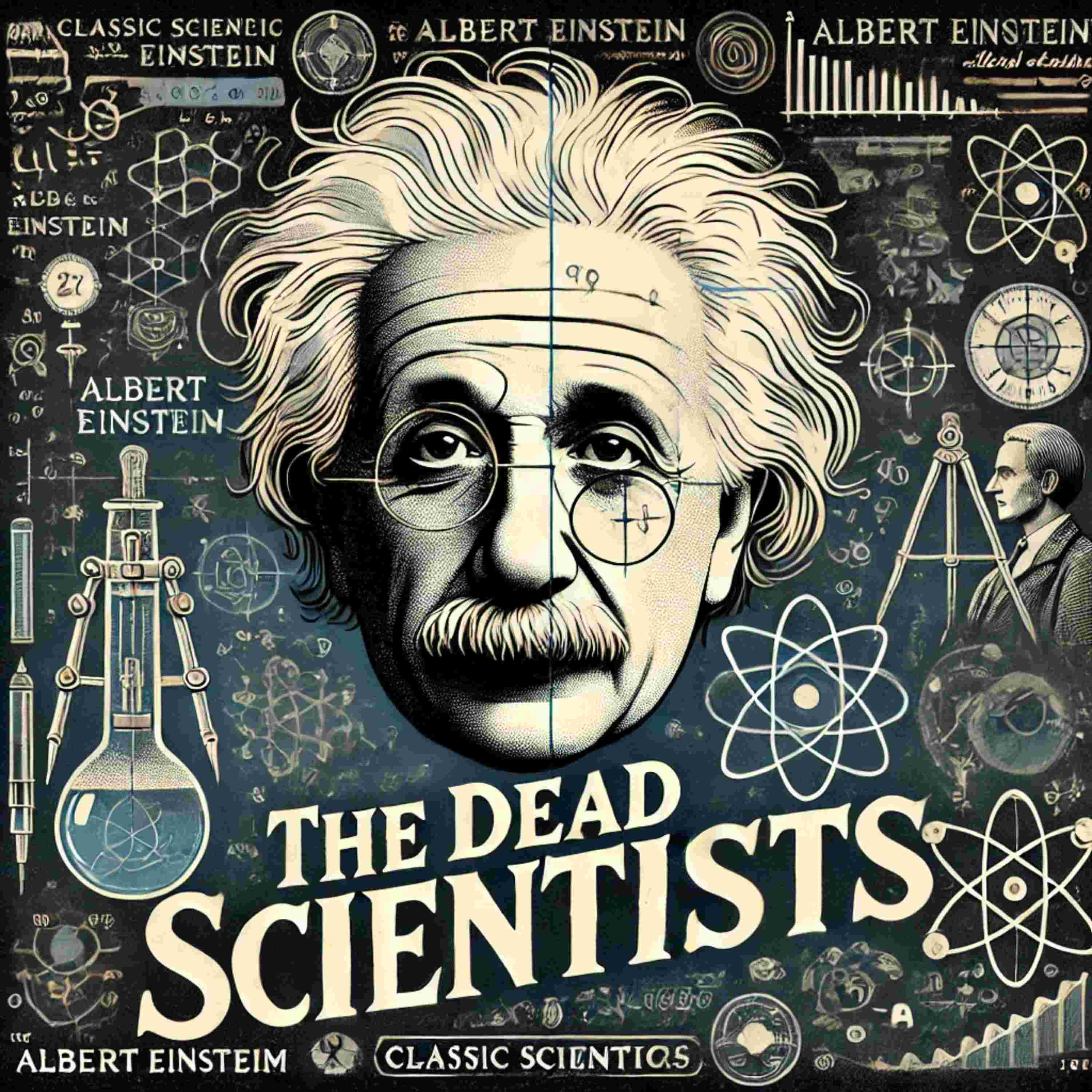

In this episode of The Dead Scientists, we dive into Chapter VII of Charles Darwin’s On the Origin of Species, where he unpacks the intricate development of instincts and their evolution over time. Darwin challenges the notion that instincts are immutable, proposing instead that they can be shaped by both habit and natural selection.
To illustrate his point, he provides fascinating examples, such as the cuckoo's behavior of laying eggs in the nests of other birds, the practices of slave-making ants, and the remarkable comb-building instincts of bees. Each example demonstrates how complex instincts can arise from gradual modifications, shaped by the pressures of survival and reproduction over generations.
Darwin also addresses the intriguing phenomenon of sterile castes in certain insect societies, arguing that natural selection can extend its influence to the entire community. This communal aspect leads to the evolution of specialized castes within colonies, showcasing how collective behavior can also be a product of evolution.
Join us as we explore Darwin’s revolutionary ideas about instincts, emphasizing the principle of gradual change and the impact of natural selection on even the most sophisticated behaviors in the animal kingdom. This episode promises to deepen our understanding of the interplay between instinct and evolution, shedding light on how behaviors evolve just as physically as anatomical features do.